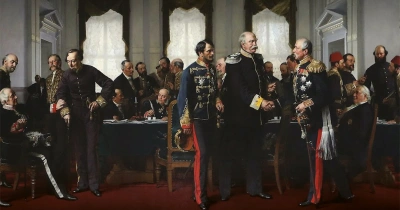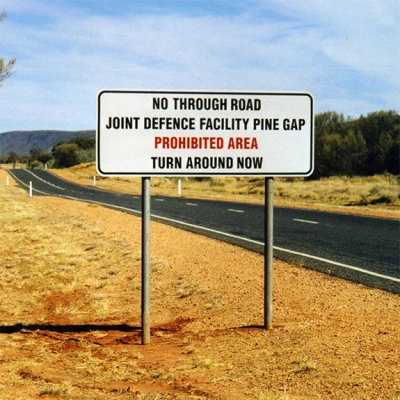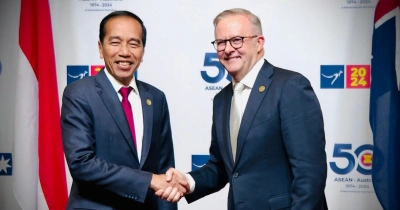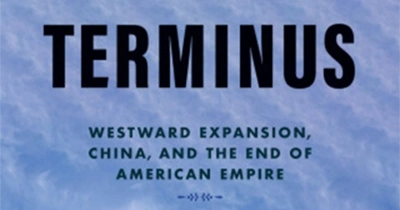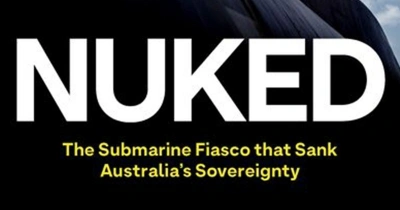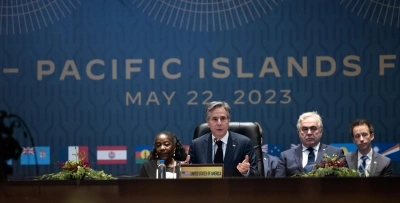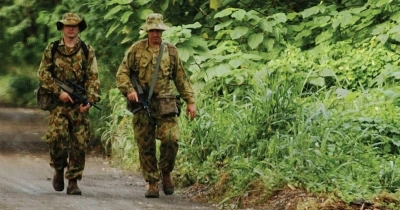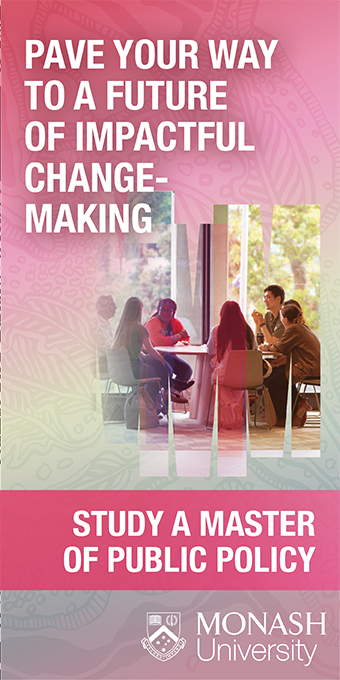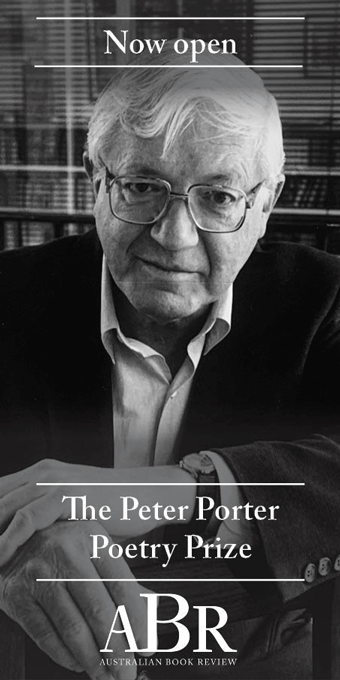International Relations
This week on the ABR Podcast we feature James Curran’s commentary ‘Balance sheet blues: The pros and cons of Pax Americana coming to an end’. Curran’s focus is the evolving relationship between Australia and America during and beyond Trump’s second administration.
... (read more)The First Cold War: Anglo-Russian relations in the nineteenth century by Barbara Emerson
This week on the ABR Podcast, we feature Rebecca Strating’s commentary ‘“Rejecting the system it created”: How Trump’s America is reshaping Australia’s regional relations’. While the second Trump administration presents a challenge for Australian policy makers, it also provides an opportunity for Australia, explains Strating, ‘to develop greater self-reliance in foreign policy and deepen relationships across Asia’.
... (read more)The first six months of the second Trump administration have left American allies worldwide, including Australia, in a state of shock and sullen resignation. Shock at the resumption of Trump’s global trade and tariff war, following threats to Canada, Greenland and Mexico, not to mention the harm being done to American institutions and soft power; resignation that US protectionism and the rising demands of Washington on allies to pay more for their own defence are here to stay.
... (read more)For Australia, a nation that has long balanced its economic ties to Asia with its security alliance with the United States, the second Trump administration represents an unprecedented challenge to its foreign policy. The return of Donald Trump to the White House has ushered in a new era of economic nationalism that threatens to reshape the Asian security landscape. For the newly re-elected Albanese Labor government, this presents plenty of risks. But its decisive mandate also provides an opportunity for Australia to develop greater self-reliance in foreign policy and deepen relationships across Asia.
... (read more)Night after night, the protests swirl into one. Slogans blast through the distorted echo of plastic megaphones. Whistles are blown at such a piercing volume that my ears ring when sleep eventually comes, usually around 7 am. Blockades close the city’s main arteries and highways. Police in riot gear are deployed to each of the three main roads that lead in and out of the city. Rustaveli Avenue, the main street in Tbilisi, Georgia’s capital and largest city, has once again become the nation’s political fault line.
... (read more)Terminus: Westward expansion, China, and the end of the American empire by Stuart Rollo
Nuked: The submarine fiasco that sank Australia’s sovereignty by Andrew Fowler
In 22 May 2023, US Secretary of State Antony Blinken and Papua New Guinea (PNG) Defence Minister Win Bakri Daki signed a defence and maritime cooperation agreement in Port Moresby. Blinken stepped in after US President Joe Biden’s last-minute cancellation. Had he attended, it would reportedly have been the first time a US president had visited a Pacific Island country other than US territories such as Hawaii and Guam. This is on the back of having pledged an additional US$800 million at a US-Pacific Summit in late 2022 to help tackle climate change, overfishing, and maritime security.
... (read more)


